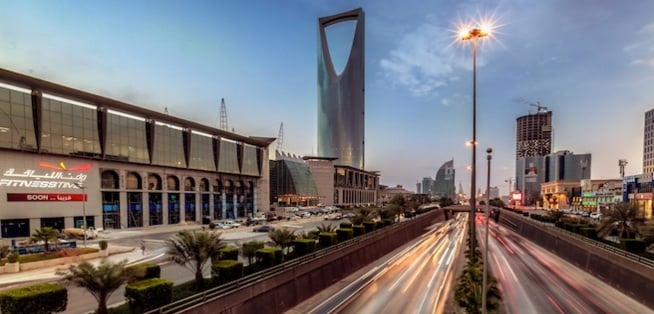Saudi eyes US-style green card system as it looks to boost non-oil revenues
The kingdom is aiming to increase its annual revenues by at least $100bn a year

Saudi Arabia is hoping to boost its annual revenues by at least $100bn a year as it implements new radical measures aimed at diversifying its economy.
Speaking to Bloomberg, the kingdom’s deputy crown prince Mohammed bin Salman asserted that Saudi was focussed on moving away from its dependence on oil.
“We are working on a specific program similar to the green card,” he said when asked what “non-oil revenue measures” the kingdom will likely undertake.
The green card system in the United States gives people permanent residency – and authorisation to live and work in the US on a permanent basis. The employment status of a green card holder has no effect on their ability to stay living in the US.
No Gulf Cooperation Council country currently offers a system similar to the green card.
Other measures the Saudi government is considering include a value-added tax and fees on luxury items and energy and sugary drinks.
“By 2020, we are aiming to have extra revenue exceeding $100bn. We did a quick fix in 2015 which increased our non-oil revenue by 35 per cent. This year, we’re trying to target over $25bn. I believe we will succeed in achieving more than $10bn in non-oil revenue in 2016,” he said.
Saudi is also planning to launch a national transformation programme next month which will include numerous initiatives such as boosting the size of the Public Investment Fund to become the “largest in the world”.
Read: Saudi Arabia plans $2 trillion post-oil investment fund
“We aim to increase the size of the Public Investment Fund by restructuring the funds, and some of the companies and assets owned by the fund today,” Prince Mohammed said.
“We believe there’s a great opportunity to increase profitability through introducing new assets, most important of which are Aramco and some huge real estate assets.”
The kingdom plans to sell up to 5 per cent in shares in Aramco’s parent company and turn the oil giant into an industrial conglomerate – a move that could happen as early as 2017.
“IPO-ing Aramco and transferring its shares to PIF will technically make investments the source of Saudi government revenue, not oil,” the prince told Bloomberg.
“What is left now is to diversify investment. So within 20 years, we will be an economy or state that doesn’t depend mainly on oil,” he added.
